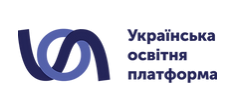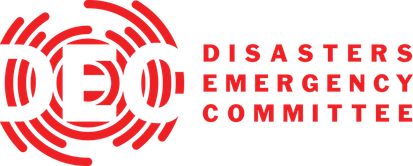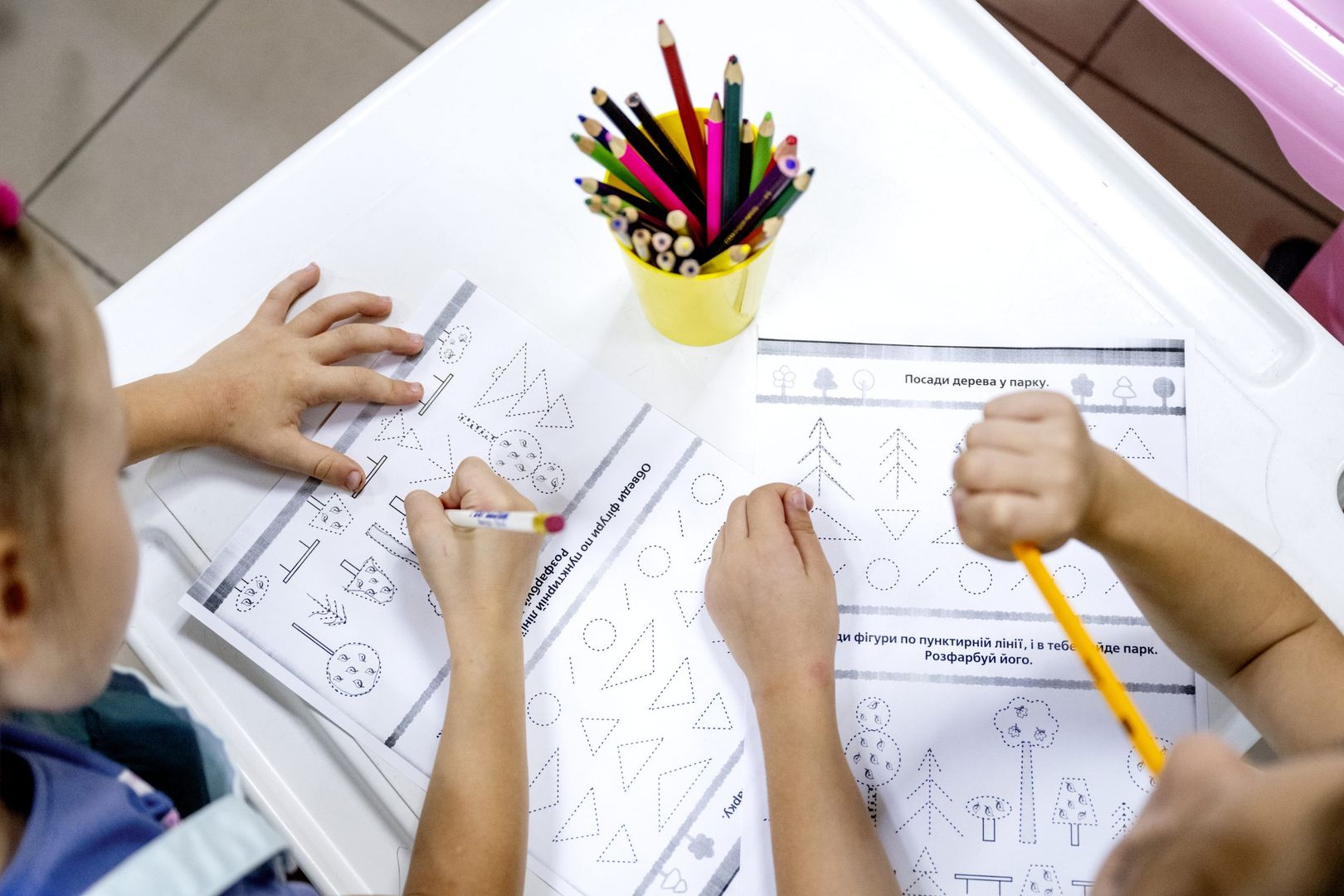The Issue
Local actors, consisting of NGOs, volunteers, and local groups, have been leading the rapid humanitarian response within Ukraine since the start of the Russian Federation’s full-scale invasion in February 2022, and are continuing to lead the response.
Local actors are better positioned to support the millions of people in Ukraine affected by the war through their unique access to active conflict areas, local understanding of language and regulatory and compliance mechanisms. While some larger and more established local organisations have partnered with international NGOs to deliver specific components of the response in a service provider model, less than 1% of humanitarian contributions was transferred directly to national NGOs in Ukraine in 2022.
This results in many local and national actors struggling to access funds rapidly, or at all, to sustain their vital humanitarian activities. Local actors are looking for instruments to make their work more sustainable and efficient, as well as empower local activists and groups, who have strong connections with war-affected communities and are able to respond quickly to the emerging needs on the ground.
The Project
DCA in partnership with Ukraine Education Platform (UEP) work to strengthen the capacity of Ukrainian local actors to provide effective emergency relief to vulnerable war-affected populations.
UEP maintains a network of community-based responders and shelters for internally displaced populations (IDPs) across Ukraine, and this project will provide flexible Group Cash Transfers (GCTs) for community-based responders to continue supporting IDPs.
We bring relevant actors together across Ukraine affected in different ways by the war. These actors will share experiences and identify the most pressing needs in their respective communities. Based on these discussions, community representatives, volunteers and NGOs can write simple proposals and apply for smaller grants to address their unique challenges in their local communities. These transfers will enable communities to define and meet their own needs, thereby empowering local responses to emerging needs complementing largescale humanitarian programming.
The Change
Building on lessons learned from Survivor and Community Led Responses (sclr) and Group Cash Transfers (GCTs), DCA utilises a 2-level localisation model, which aims to empower a local Ukrainian organisation, Ukrainian Education Platform (UEP) along with communities themselves to identify, fund, and monitor humanitarian interventions to meet the priority needs of communities impacted by conflict.
This effort will complement larger scale humanitarian support, while empowering and building on lessons learned from Survivor and Community Led Responses (sclr) and Group Cash Transfers (GCTs), DCA utilises a 2-level localisation model, which aims to empower a local Ukrainian organisation, Ukrainian Education Platform (UEP) along with communities themselves to identify, fund, and monitor humanitarian interventions to meet the priority needs of communities impacted by conflict.
This effort will complement larger scale humanitarian support, while empowering and reinforcing community structures who continue to play vital roles in the humanitarian response in Ukraine. Local organisations and groups will receive trainings, mentoring and coaching, to enhance their capacity to implement humanitarian projects. The trainings will cover needs assessment tools, monitoring procedures, best management practices, implementation, procurement, etc.
The main goal is to strengthen the capacity of Ukrainian local actors for future growth and efficient emergency response, to secure funding independently in the future, expand projects and effectively respond to evolving needs and conditions in their local areas and beyond going forward.
DCA actively promotes localisation in Ukraine, supporting growth and long-term development of Ukrainian civil society organisations.
The Results
40+ local initiatives received funding, 100+ volunteer groups, and Civil Society Organisations received training in various topics such as fundraising, grant proposal writing, budgeting, and monitoring.
Partner(s)
In this pilot project DCA works closely with our local partner Ukrainian Education Platform (UEP). The pilot is part of a consortium with Save the Children and other actors, led by the Collaborative Cash Delivery Network (CCD), and funded by the Disaster Emergency Committee, to ensure best practice in partnerships is deployed to pilot distinct models of local actor-led cash response, and capture systematic learning with the goal of scaling the tested models in Ukraine or in other humanitarian crises around the world.

Ukraine Education Platform (UEP) is a Ukrainian NGO that for the last 10 years has worked towards strengthening and supporting young people and the education sector in Ukraine. Like many other Ukrainian organisations, UEP transformed into a humanitarian response agency at the start of the war and built off their existing networks around the country to provide rapid assistance. UEP has now established 18 regional centres throughout Ukraine that function as humanitarian and collective hubs for local partner organisations and groups. The tailored project activities are based on inputs from the local organisations, local authorities and IDPs living in the centres.
For this project, UEP hosts a network of facilitators in Dnipro, Kharkiv, Zaporizhzhia, Mykolaiv, Cherkasy and Kropyvnytskyi Oblasts.
Our Work
DCA’s work in Ukraine takes point of departure in DCA’s overall goal to save lives, which paves the way for reconstruction and building resilient communities while fighting extreme inequalities. Taking a strong localisation approach even in times of crisis, DCA Ukraine works with local partners through community-led responses to meet the needs of vulnerable Ukrainians most affected under the Russian invasion. Utilising flexible Group Cash Transfers (GCTs) ensures those affected by the humanitarian crisis also gets a say in how their needs are met in the best way possible.
About this project
Full title: Driving a more accountable, people-centred, and effective response to the Ukraine crisis through local leadership, innovation, inter-agency collaboration and action learning.
Period: January 2023 – June 2024
Partner(s): Ukrainian Education Platform (UEP)
Amount: 1,328,295 USD
Donor(s): Disasters Emergency Committee (DEC) & Save the Children UK



